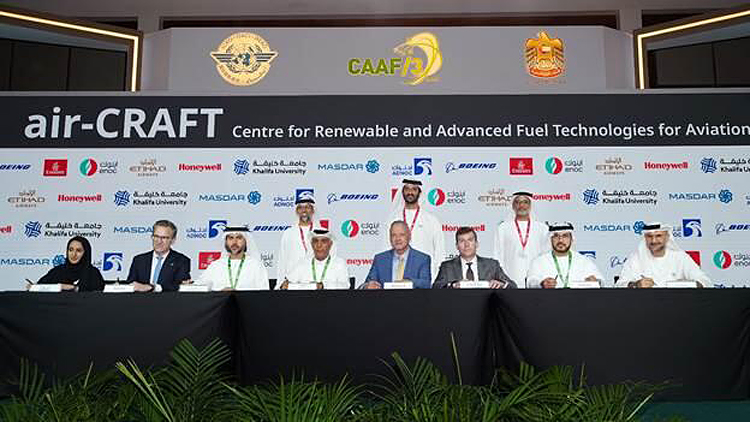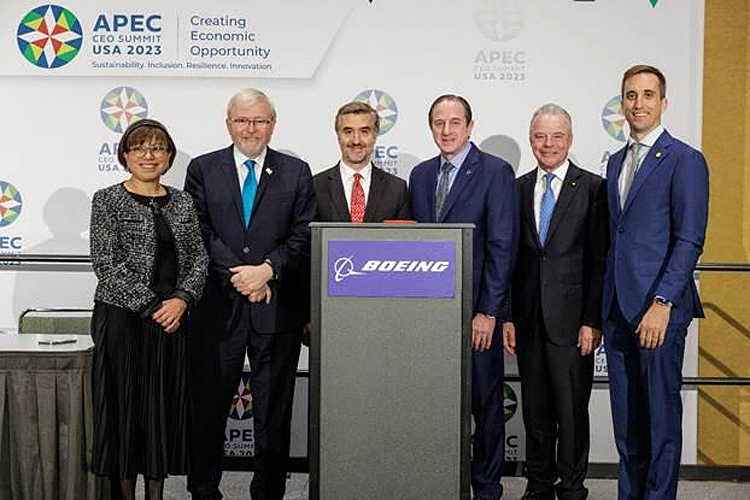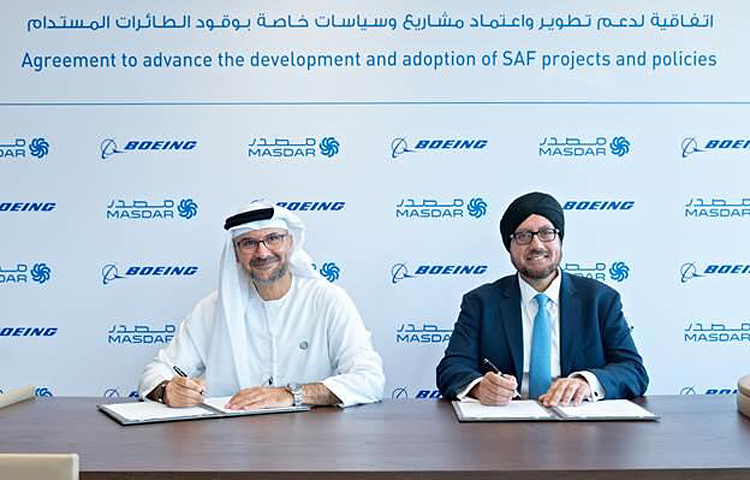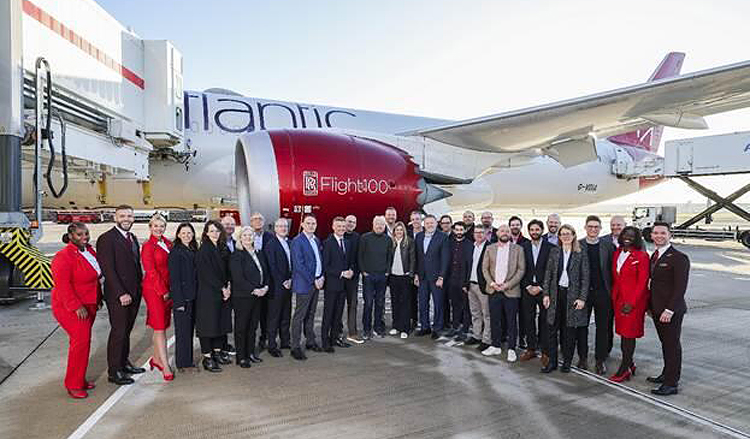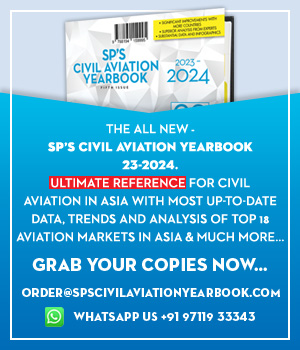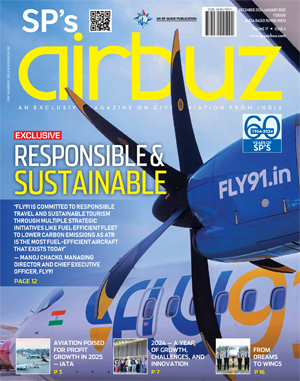Boeing Expands Global Efforts to Scale-Up Sustainable Aviation Fuels
- Company accelerating collaboration locally to scale SAF globally
- Focus areas include cross-sector collaboration, policy advocacy, SAF compatibility research and SAF purchases
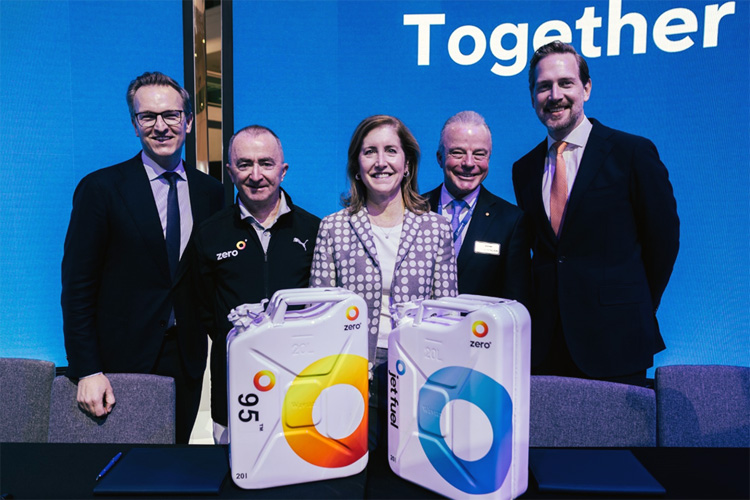
Boeing is accelerating its global efforts to scale-up sustainable aviation fuels (SAF), which serves as the aviation industry's most significant lever in reducing emissions today and into the future.
Focus areas include Boeing's efforts to catalyze collaboration, research and policy development around SAF, which can reduce lifecycle CO2 up to 85 per cent.
"We're deepening our collaborative work across the globe in pursuit of a world with more SAF," said Chris Raymond, Boeing Chief Sustainability Officer. "SAF holds the greatest potential to reduce aviation's emissions, and we are focused on continuing to innovate and collaborate to unlock the production of sustainable aviation fuel around the world."
The key challenges to greater use of SAF are the limited supply and high cost. Current use of SAF represents 0.1 per cent of global jet fuel demand.
In the lead up to COP28, Boeing worked together to:
- Bring energy producers and aviation leaders in the UAE together to form a consortium called Air-CRAFT to accelerate the research, scaling and production of renewable and advanced aviation fuels in the country and beyond.
- Launch an initiative with the United States to catalyze the development and use of SAF among Asia-Pacific Economic Cooperation (APEC) member countries.
- Announce a collaboration with Zero Petroleum for testing and analyzing the next generation of technologies to accelerate the supply of SAF.
- Support discussions at ICAO's Third Conference on Aviation Alternative Fuels, where governments from over 100 countries set a goal that aviation fuel in 2030 should be 5 per cent less carbon intensive than conventional jet fuel.
- Join the Corporate Coalition for Innovation & Technology toward Net Zero (CCITNZ), a cross-sector business alliance dedicated to helping countries meet decarbonization and climate change goals through innovation and technology.
- Provide technical expertise on the first 100 per cent SAF flight across the Atlantic on a commercial jetliner – a Boeing 787 Dreamliner. This was a Virgin Atlantic-led project, supported by funding from the UK Department for Transport.
- Sign an agreement with Masdar, the Abu Dhabi-based renewable energy company, to advance and support the development and adoption of SAF policies in the UAE and beyond.
Boeing seeks to build on this momentum at COP28 and continue its focus to help scale SAF globally through:
- Industry collaboration and policy advocacy: Boeing continues to work with consulting firms, academic institutions and non-profit organizations to conduct studies in more than a dozen countries to identify viable pathways for locally produced SAF, using local feedstock solutions. One collaboration, with the Roundtable on Sustainable Biomaterials, explores SAF feedstock opportunities in Southeast Asia, Ethiopia, South Africa, and Brazil.
- Investments in product compatibility work: Boeing is mobilizing its supply chain to complete the testing necessary to ensure Boeing commercial airplanes are 100 per cent SAF-compatible by 2030.
- SAF purchases: Since 2022, Boeing has agreements to purchase 7.6 million gallons of SAF for its U.S. commercial airplane operations.
Advancing renewable energy such as SAF is one of four strategic levers Boeing is pursuing to support the commercial aviation industry's decarbonization goals. The other levers are fleet renewal, advanced technology and operational efficiency.
